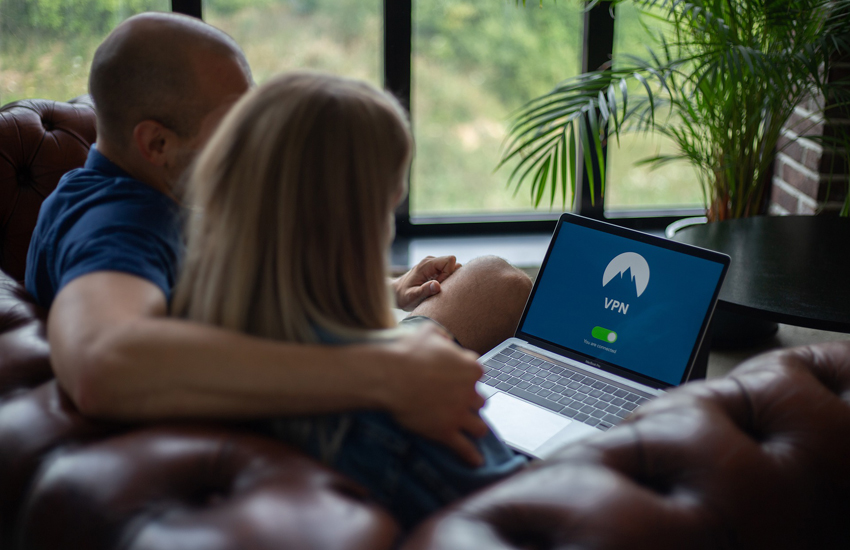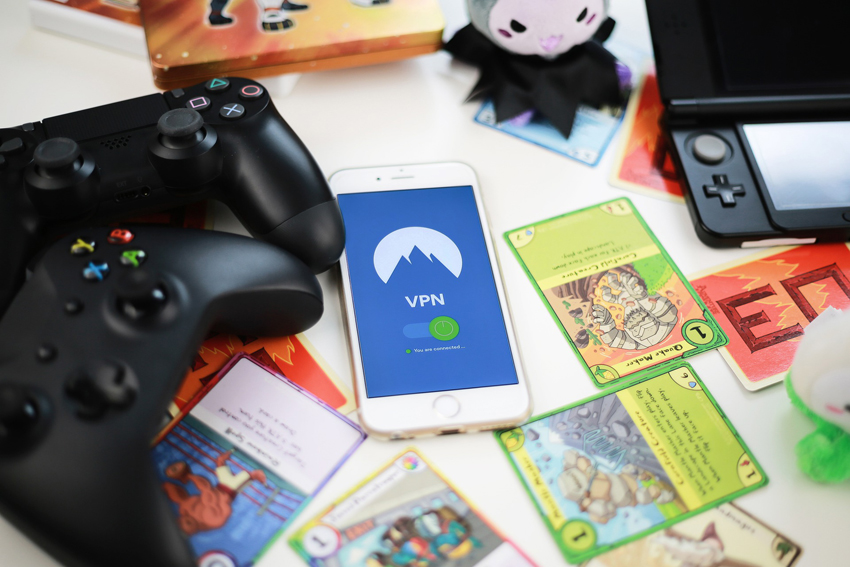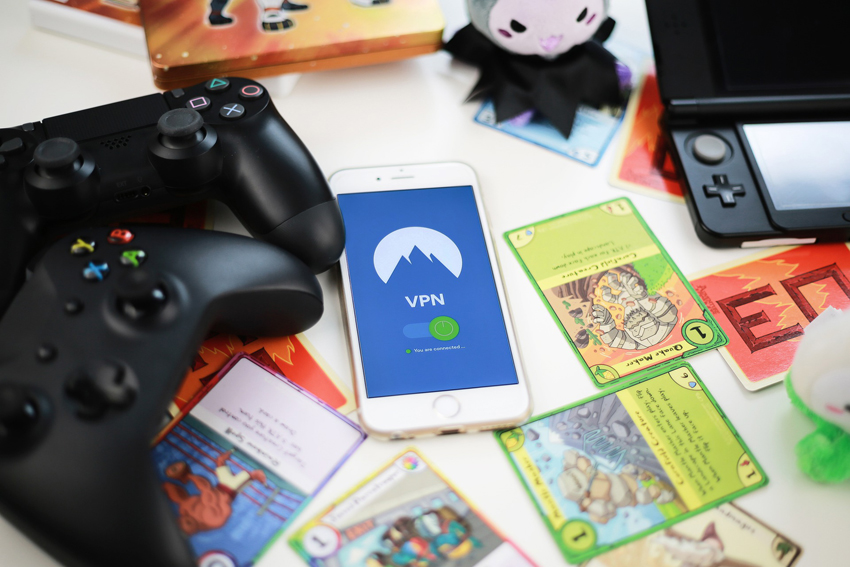Incognito Mode
It would seem, why do we need a VPN if there is an incognito mode in the browser, which should keep our anonymity on the Internet? But in reality, these tools work in different ways. Let’s figure out what the difference is and how to use them to ensure network security.

In short, a VPN makes it difficult to track your IP on the network by connecting to a private server, and incognito mode does not remember your browser history and does not save the data you enter on sites.
Every browser has Incognito Mode, it can also be called Private Browsing (Opera), Private Window (FireFox), InPrivate Mode (Internet Explorer and Microsoft Edge), and Private Access (Safari).
In it, the browser does not save information about the sites you visited, deletes cookies and data entered on the pages. For example, if you log into your social media account in normal browser mode and in incognito, the site will not see the second authorization. Also, browser history is not saved in the private tab.
Although no data remains on your device, this unfortunately does not mean that you are safe. In incognito mode, your IP address is still displayed on the sites you visit, and your ISP or system administrators at the office can see what you are doing on the network.
You can fix these problems with a VPN.
VPN
When using a VPN, you are connecting to a remote server, so your ISP or Internet administrator can see that you are connected to an external server, but cannot track which sites you visit. At the same time, sites see not your IP address, but the server address.
All this allows you to maintain confidentiality or, if necessary, bypass regional restrictions for calls, watching movies, streaming, etc.

But VPN does not guarantee complete anonymity either. If you sign in to your accounts, sites can still track your location and activity.
Cookies are also used for this and are stored in the browser.
Best of all, a VPN service can track your activity and collect data. Most quality VPN providers make sure to regularly delete user connection logs. This also means that they must not share information with third parties, such as advertisers or law enforcement officials.
However, this is not always the case in practice, so be sure to read its privacy policy before using a VPN service.
VPN and incognito
Due to the different principles of operation, VPN and incognito mode complement each other well. So, if you connect to a VPN and at the same time open incognito mode in your browser, then sites will not be able to track your account, cookies will be deleted. At the same time, your IP address will not be visible and it will be much more difficult to track which sites you visit.
This combination of VPN and incognito mode will allow you to browse the Internet relatively anonymously, although this will largely depend on the conscientiousness of your VPN provider.
